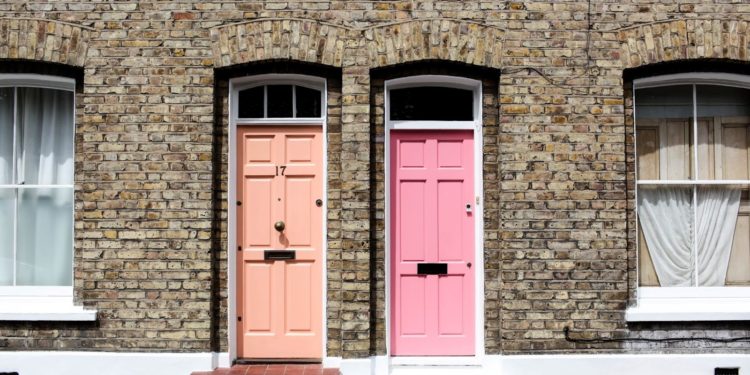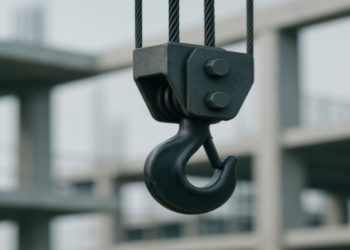Renting a new home is an exciting experience for anyone, but it isn’t always super easy. If you’re moving for a new role or to be nearer to family, then renting a new place can be fun.
However, if you have to move because of an eviction or another issue, then it could be a time of sadness for you and your family.
With rents rising rapidly, many individuals are looking to downsize in order to save money or move to a cheaper area.
If that’s the case for you, then it might be a scary situation to find yourself in, and it could be made worse if you sign a lease on a property that has more issues than you bargained for.
That’s why you need to be proactive and thorough when you’re checking any property for rent. Use this checklist to ensure that you know everything there is to know about your new home before you sign the lease.
Safety Certificates
Every landlord needs to provide several safety certificates, including an EICR, which is designed to prove that all electrical installations are safe. An EICR is an affordable, vital certificate that every landlord needs to provide. If they don’t have one currently, they can get find out about the costs and requirements of an electrical test certificate by Hexo Electrical. As well as an EICR, you also need to check any gas safety certificates that might be needed for a property that has gas-fuelled heating and appliances. Check all these certificates are up to date to ensure that the property is safe and well-maintained.
Boiler And Heating Systems
The heating in your home can have a significant impact on your comfort in your new rental home, so you need to make sure it works effectively. An outdated or faulty boiler could make it impossible for you to stay warm and get hot water when you need it, so you need to make sure you check the boiler and the radiators for any signs of damage, such as dents or strange noises. If the property has any gas central heating or appliances, such as cookers, that use gas, then your landlord needs to have a Gas Safety record. If they don’t, then you need to inform them that they need to conduct one to ensure that the property is safe for you and your loved ones.
Alarms
Every rented home needs smoke alarms and carbon monoxide detectors, and some properties also have burglar alarms to keep you safe. When you’re checking a rental property, you should press the test button on every alarm to make sure that they work properly and are loud enough. If the alarms are battery-powered, then they will usually emit a shrill sound when the battery is dead, and you should test them every few weeks when you move into your new rented home. For mains-powered alarms, you should still test them regularly, especially when you first view the property, but they won’t need regular testing as they will always have access to power. Check the alarms when you walk around, and if any aren’t working, then you need to talk to the landlord about replacing or fixing them.
Landlord Reputation
The landlord’s behaviour, consideration, flexibility and proactiveness when it comes to fixing problems will all have a massive influence on your renting experience. So, you need to find out about the landlord and how they treat their tenants. While you could ask the previous tenants, this isn’t always possible, and you might not get honest answers, especially if the landlord is present when you ask. Instead, you should search their name on social media and use landlord review sites to see what past tenants have to say. Your new landlord might not be mentioned on these platforms for several reasons. For example, if they’ve only been a landlord for a short time or if their previous tenants were older, not keen on technology or satisfied with the support they’ve received. However, if you notice any seriously negative posts, you should talk to your potential new landlord about them and consider looking for an alternative.
Tenancy Agreement
One last step before you sign on the dotted line and commit yourself to a rental property is to check the tenancy agreement. The agreement will outline any rules that you need to abide by, how much notice you need to give if you want to move out and other vital details. As such, you need to take the time to read the document thoroughly and make sure you’re happy with all the details. If you don’t understand any aspect of the document, then ask your real estate agent or landlord to get clarity and ensure that you’re comfortable with the conditions that you’re agreeing to before you sign.
It’s impossible to completely avoid any sudden issues, but by making thorough checks, you can reduce the chances of an incident that causes serious problems for you when you move into your new rented home. Make notes and get all your questions answered before you sign your lease.




![7 Best POS Software in the UK [2026 Edition]](https://todaynews.co.uk/wp-content/uploads/2026/02/7-Best-POS-Software-in-the-UK-2026-Edition-360x180.png)








































































